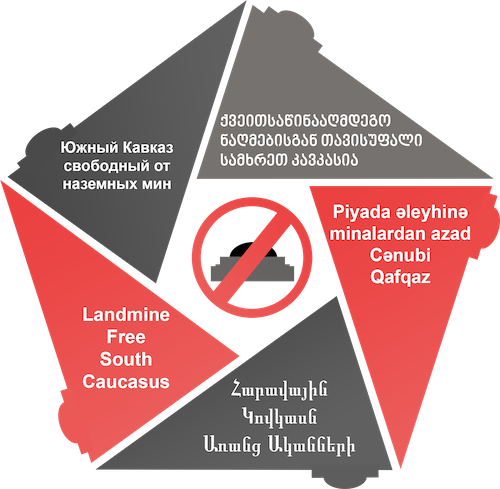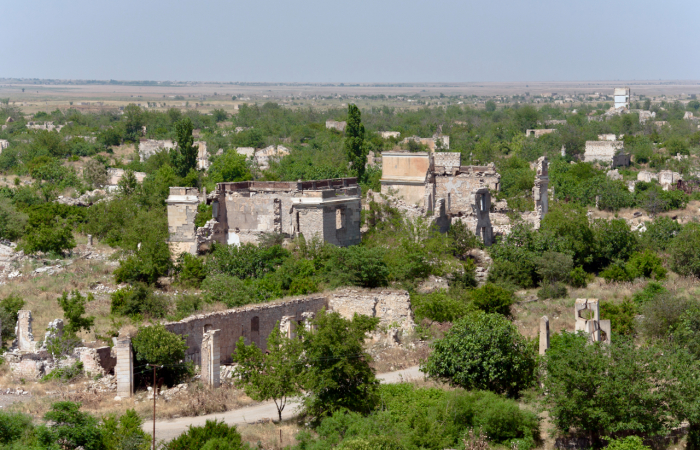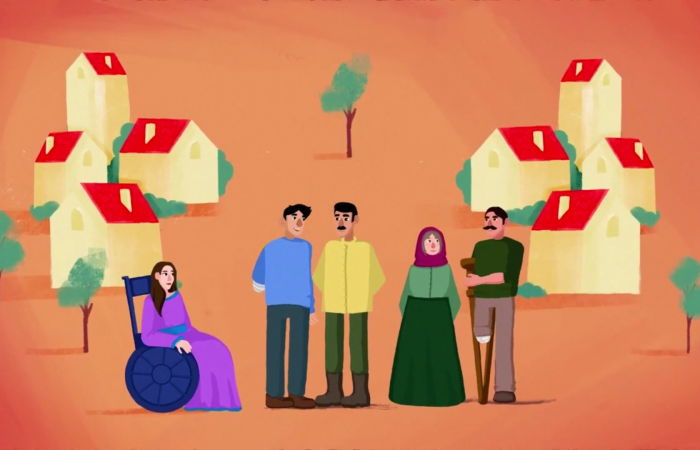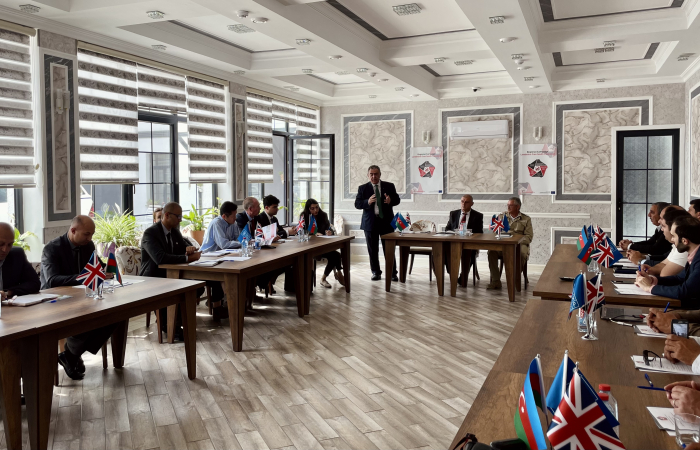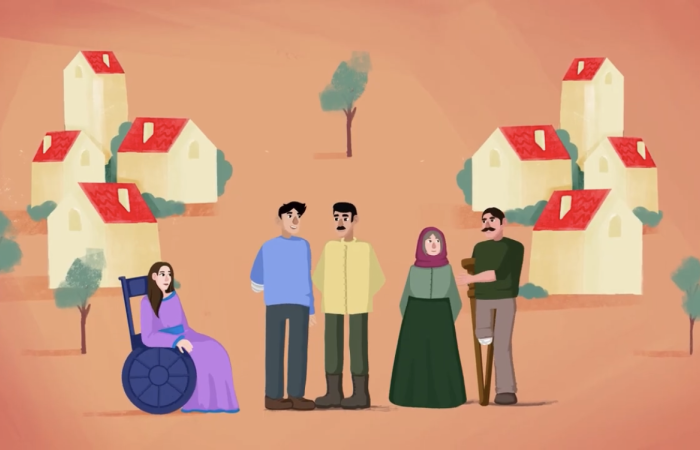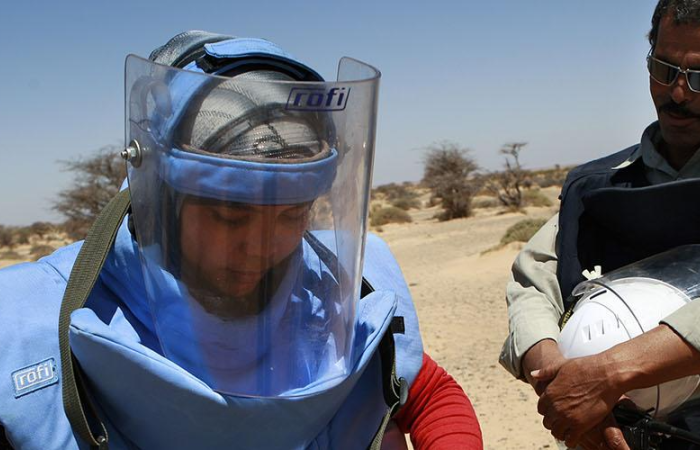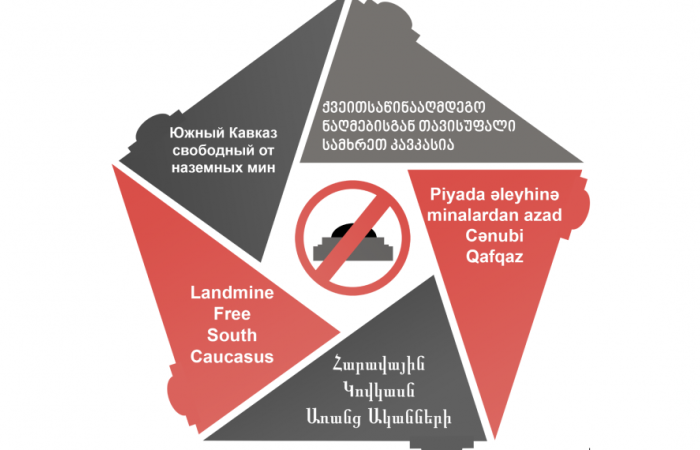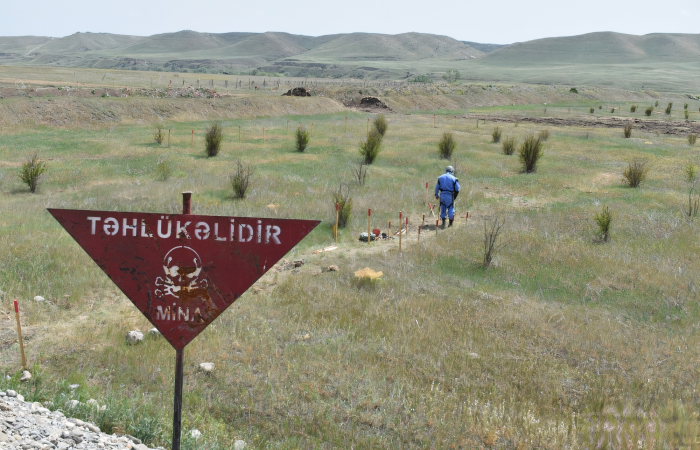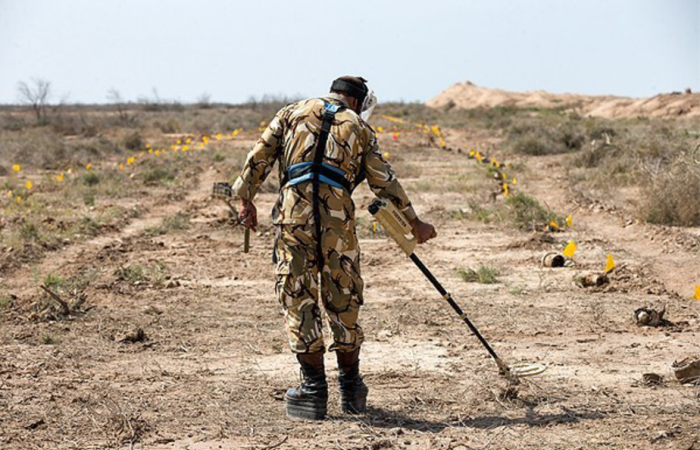Editor's choice
This is a members’ functionality. Please
Sign upNews
Trending
Landmine Free South Caucasus: message on the occasion of the International Day for Mine Awareness
4 April 2023
4 April is marked each year as the International Day for Mine Awareness and Assistance in Mine Action by the United Nations and countries, organisations and communities across the world. This year, the theme is “Mine action cannot wait”. This is a particularly poignant theme in the South Caucasus where the problem of landmines is acute and the region is now identified as being amongst the ones with the highest contamination of landmines in the world. The campaign Landmine Free South Caucasus joins the international community to mark this year’s International Day for Mine Awareness and Assistance in Mine Action. In particular, we raise our voice with that of the rest of the international community in saying that “Mine action cannot wait”. Since 2018, the campaign Landmine Free South Caucasus has worked with partners in Armenia, Azerbaijan and Georgia to raise awareness on the issue of landmines across the region, to highlight the good work being done by deminers at considerable personal risk, and to focus on the impact of landmines on victims and their communities.



